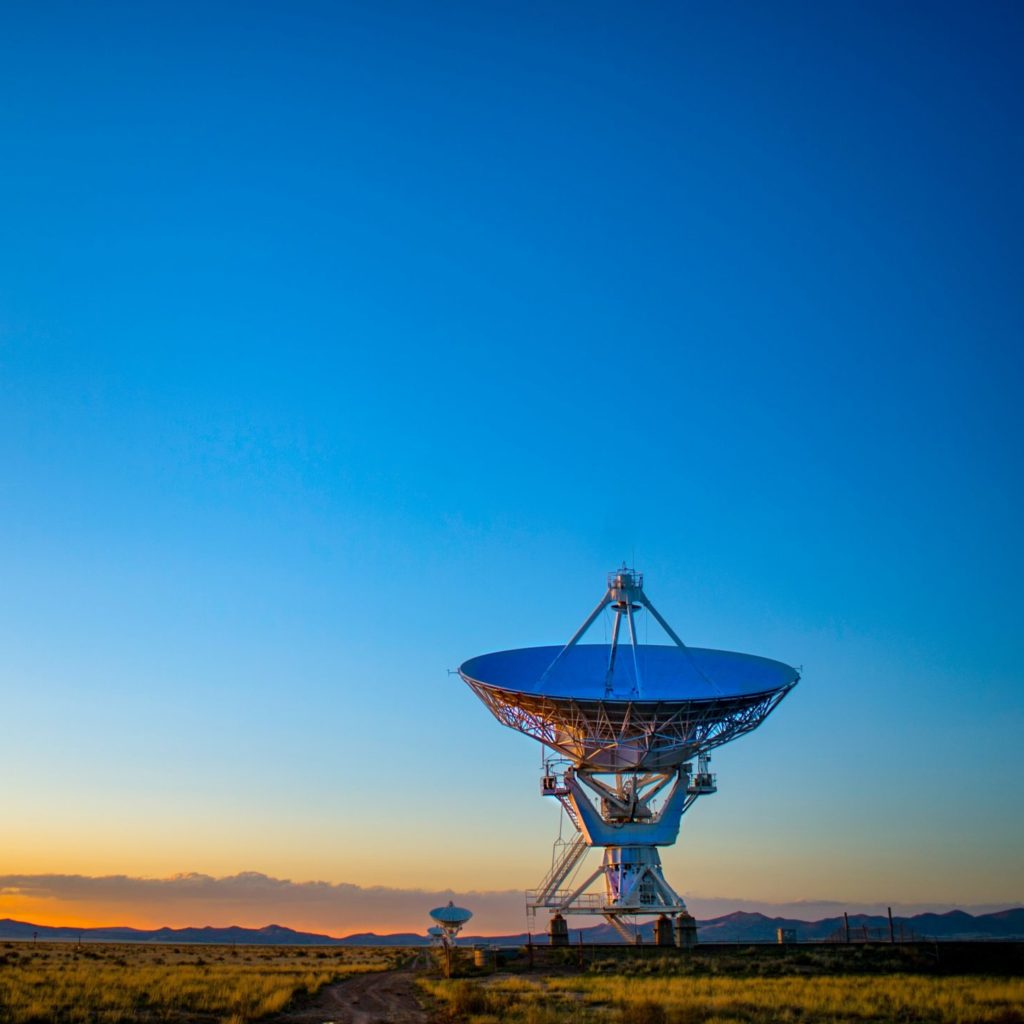
Novaspace conducted a comprehensive market analysis on behalf of an infrastructure-as-a-service provider, exploring trends, market sizes, and key opportunities for offering satellite communications ground segment services within their Special Economic Zones (SEZ) in Equatorial Africa.
Read More
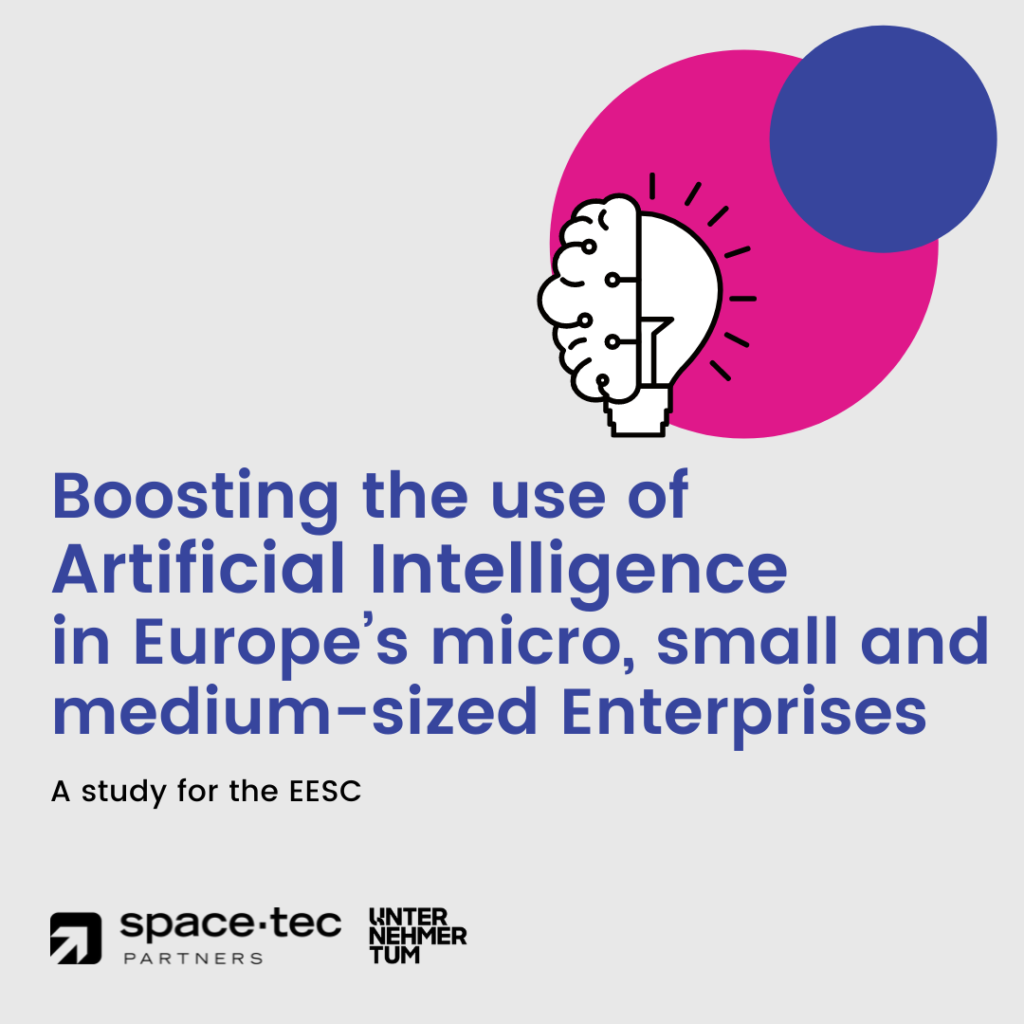
The diversity and potential of AI applications are nearly limitless. As this innovative technology become increasingly mainstream, MSMEs should adopt AI to maintain their competitive advantage. Let’s take a look at its adoption across key sectors.
Read More

Investors worldwide are increasingly drawn to the prospects of space transportation. A private equity fund sought to assess the risks associated with an investment in cargo activities, utilising our commercial, technical, and execution due diligence services to gain valuable insights and informed decision-making support.
Read More
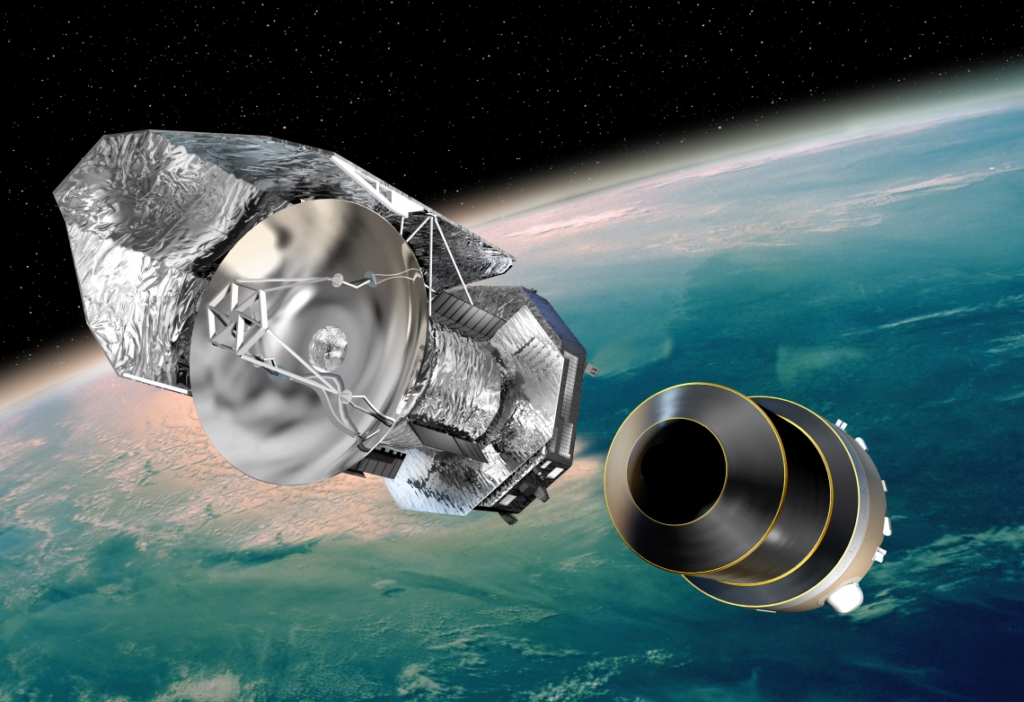
Independent access to space is a key component of the European Space Policy. As competition increases both for full launch systems and key subsystems, cost-effectiveness becomes a main driving factor.
Read More
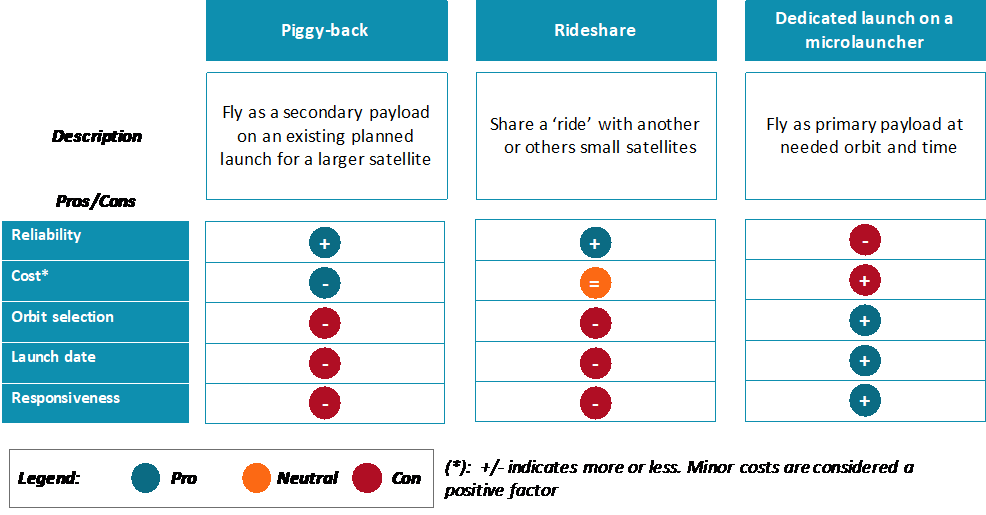
Together with a major European launch provider, Novaspace analysed the most likely market opportunities and target addressable and accessible markets for potential new micro-launchers tackling the small (<= 500 kg mass) satellites market with a special focus on under 200 kg mass classes.
Read More
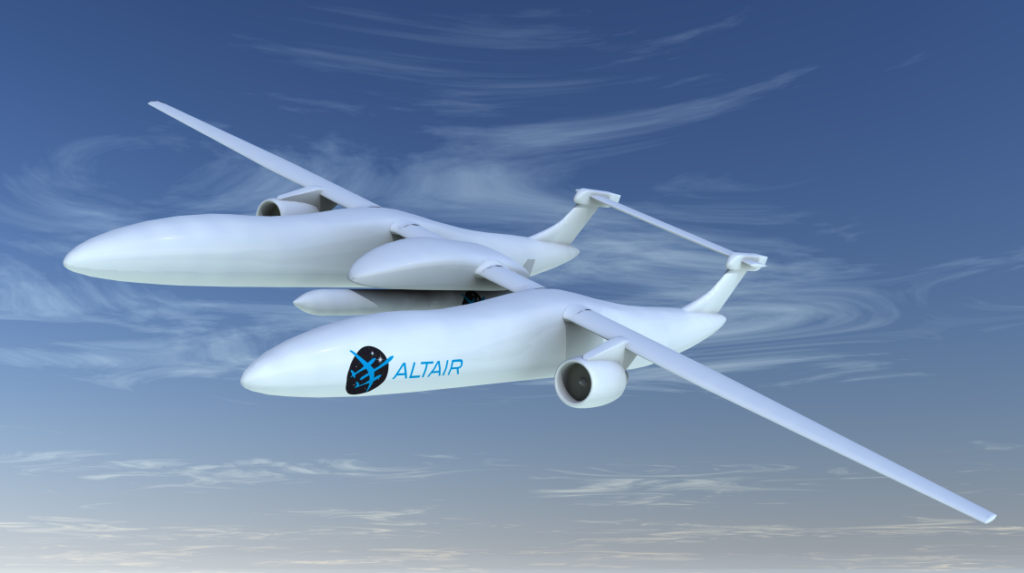
Nowadays, small satellite operators have two solutions to launch their spacecraft: fly piggyback with a larger satellite or share a ride with other small satellites. Both launch options however require a significant logistical effort, high cost and usually require a big compromise on choosing the right launch date.
Read More
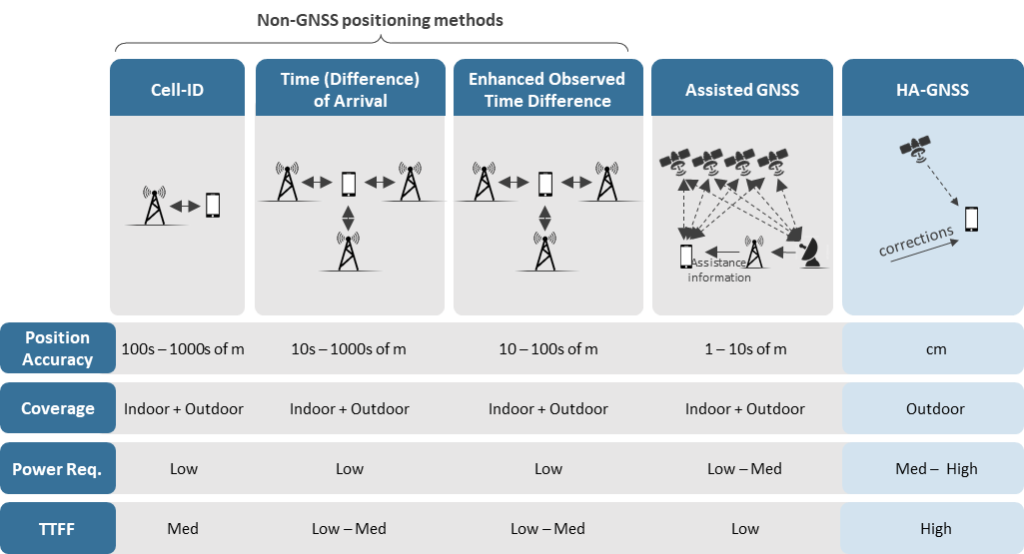
Several signal augmentation techniques such as Real Time Kinematic (RTK), Precise Point Positioning (PPP) and hybrid variations (e.g. PPP-RTK) enable real-time high accuracy positioning using Global Navigation Satellite Systems (GNSS). Previously limited to specific applications such as surveying and agriculture, the ability to broadcast PPP correction data globally over satellite and/or the internet has opened the door to large-scale, mass market applications of highly accurate GNSS, with the development of PPP-RTK expected to further improve the convergence time of PPP.
Read More

Novaspace and its consortium partners conducted a study on the potential impacts of changing the Copernicus free and open data policy.
Read More
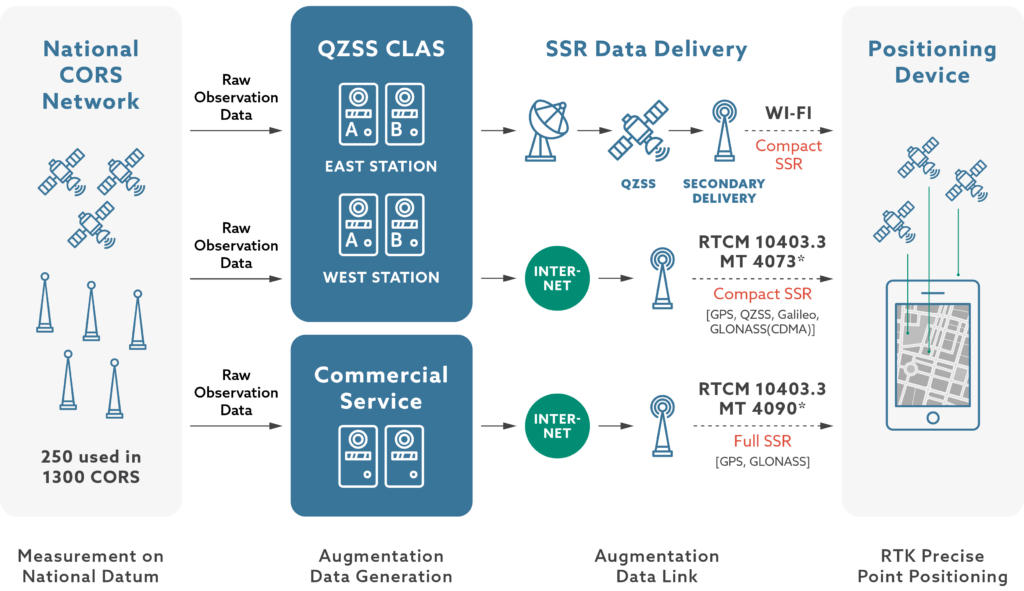
Novaspace undertook a review PPP and RTK to determine their suitability to mass-market applications.
Read More
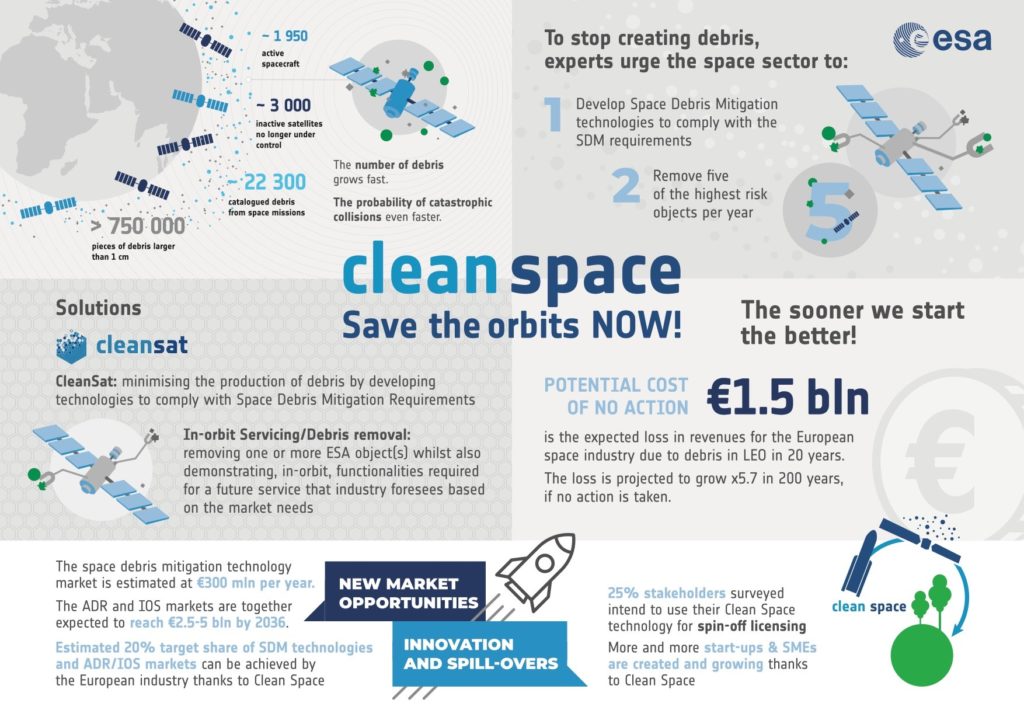
The challenges induced by space debris are addressed through the Clean Space Initiative, introduced in 2012 to cover sustainability over the entire lifecycle of space activity.
Read More

The study “State of the art of GNSS receivers for CubeSats” evaluated the CubeSat GNSS receiver market, and forecasted their penetration on board CubeSats.
Read More

Novaspace supported Business Finland, the Finnish public funding agency, by preparing an information package and market study on the German New Space market.
Read More
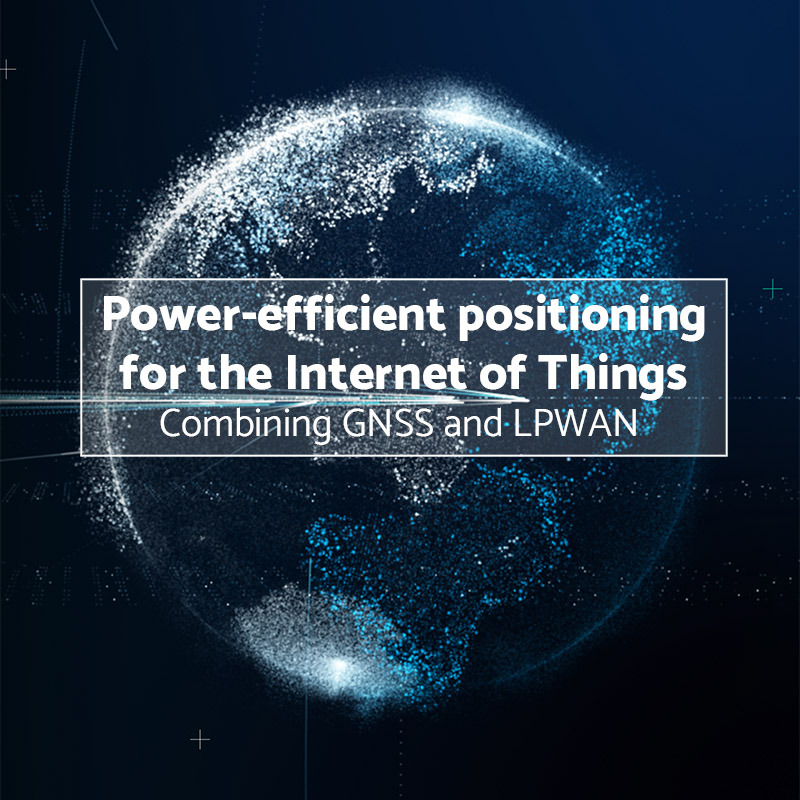
Novaspace evaluated different LPWANs for combined usage with GNSS and investigated novel power efficient PNT estimation techniques.
Read More












